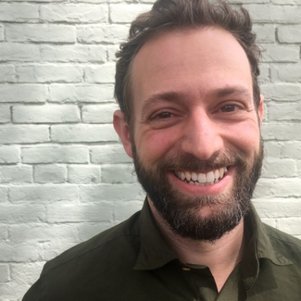New book ‘The Cult of Creativity’ by Samuel W. Franklin
The idea that there is such a thing as “creativity”, and that it can be cultivated, is surprisingly recent, as the new book by TU Delft IDE Lecturer Samuel W. Franklin ‘The Cult of Creativity’ reveals. It got media attention from The New Yorker, The Economist, the BBC and other outlets.
Creativity is one of American society’s signature values. Schools claim to foster it, businesses say they thrive on it, and countless cities say it’s what makes them unique. But the idea that there is such a thing as “creativity”—and that it can be cultivated—is surprisingly recent, entering our everyday speech in the 1950s. As Samuel W. Franklin reveals, postwar Americans created creativity, through campaigns to define and harness the power of the individual to meet the demands of American capitalism and life under the Cold War.
Creativity was championed by a cluster of professionals—psychologists, engineers, and advertising people—as a cure for the conformity and alienation they feared was stifling American ingenuity. It was touted as a force of individualism and the human spirit, a new middle-class aspiration that suited the needs of corporate America and the spirit of anticommunism.
Amid increasingly rigid systems, creativity took on an air of romance; it was a more democratic quality than genius, but more rarified than mere intelligence. The term eluded clear definition, allowing all sorts of people and institutions to claim it as a solution to their problems, from corporate dullness to urban decline. Today, when creativity is constantly sought after, quantified, and maximized, Franklin’s history of the concept helps us to see what it really is, and whom it really serves.
Media appearances
The Cult of Creativity: A Surprisingly Recent History, which came out in April 2023 with the University of Chicago Press, has had a review in The New Yorker magazine, The Economist, The Chronicle of Higher Education, and other outlets. Samuel has also been featured on an episode of the show Throughline from National Public Radio, an interview on BBC Radio 4, and others.
